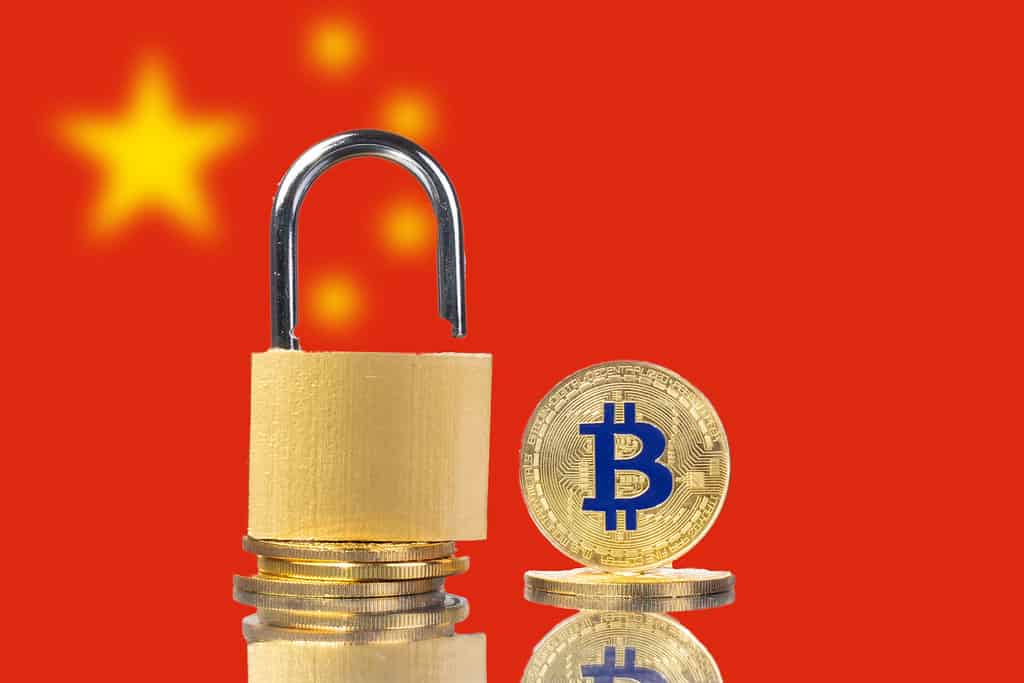The People’s Bank of China (PBOC) has further heightened prohibitions on the trading of cryptocurrencies within China following concerns over a resurgence in speculative activity.
PBOC said that it had “strictly banned and would resolutely prohibit a range of cryptocurrency-related business activities that are considered illegal financial activity,” in its “Notice on Further Preventing and Disposing of Virtual Currency Trading Speculative Risk” (关于进一步防范和处置虚拟货币交易炒作风险的通知) released on 24 September.
These activities include:
- Undertaking business to exchange statutory currency with virtual currency and exchange virtual currencies between themselves
- Buying and selling virtual currency as a central dealer
- Providing information intermediation and pricing services for virtual currency transactions
- Token issuance financing
- Virtual currency derivatives trading
“Recently, speculative trading in virtual currencies has raised its head, disrupting the economic and financial order,” said the Notice.
“There has been a proliferation of illegal criminal activity including gambling, illegal fund-raising, fraud, and money laundering, severely threatening the asset security of members of the public.”
In order to “further prevent and dispose of virtual currency trading speculative risk, the Notice reiterates PBOC’s stance that:
- Virtual currencies do not possess equal legal status with statutory currencies. “The distinguishing features of Bitcoin, Ethereum, Tether and other virtual currencies are that they are not issued by monetary authorities and are in digital form. They are not legal tender, and should not and cannot be circulated and used on the market as money.”
- Business activities in relation to virtual currencies are classified as illegal financial activity. PBOC said that it had “strictly banned and would resolutely prohibit a range of crypto-currency related business activities that are considered illegal financial activity, including undertaking business to exchange statutory currency with virtual currency and exchange virtual currencies between themselves; buying and selling virtual currency as a dealer; providing information intermediation and pricing services for virtual currency transactions, token issuance financing and virtual currency derivatives trading.” PBOC said that it would “pursue criminal liability for undertaking illegal financial activity that comprises criminal acts.”
- Overseas virtual currency exchanges using the Internet to provide services to domestic Chinese residents is similarly categorised as illegal financial activity. PBOC said that it would pursue the domestic personnel of overseas virtual currency exchanges for relevant liability.
- There is legal risk for participation in virtual currency investment and trading. “Any investment in virtual currencies and related derivatives by any legal persons, non-legal person organisations and natural persons is in contravention of public order and sound morals,” said the Notice. “Related civil law conduct is ineffective, and any losses that are triggered as a consequence are independently borne. Where it is suspected that the financial order has been ruined or financial security is threatened, the relevant departments will conduct lawful investigations.”
PBOC also said that it would establish mechanisms to crackdown on cryptocurrency speculative risk, as well as strengthen monitoring and early warning systems via the establishment of a “multi-vector, multi-tier risk prevention and disposal system.”
In September 2017 PBOC first cracked down on the domestic cryptocurrency market with a ban on initial coin offerings (ICO), as well as other forms of cryptocurrency financing.
The first half of 2021 has also seen Chinese local governments for provinces including Inner Mongolia, Xinjiang and Sichuan launch crackdowns on cryptocurrency mining activities.




